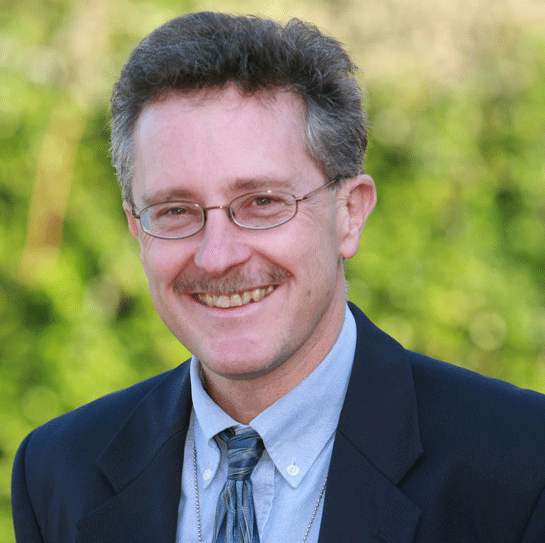 The Carbon Sequestration Leadership Forum (CSLF) held its Fifth Ministerial Meeting in Washington, D.C. This included meetings of the CSLF Technical Group, CSLF Policy Group, related CSLF Task Forces, and the CSLF Ministerial meeting itself.
The Carbon Sequestration Leadership Forum (CSLF) held its Fifth Ministerial Meeting in Washington, D.C. This included meetings of the CSLF Technical Group, CSLF Policy Group, related CSLF Task Forces, and the CSLF Ministerial meeting itself.
The CSLF Ministerial Conference included scene setting talks, views of leading CEOs relating to projects, and an interesting discussion on CCS deployment amongst the Ministers and Heads of Delegations, chaired and lead by Ernest Moniz, the Secretary of Energy for the US. The Ministerial meeting concluded with agreement of a Communique on “Re‐energizing Global Momentum for CCS and Identifying Key Actions Needed for CCS Deployment”. This emphasizes the role of international collaborative research (which is IEAGHG’s main role in the international CCS arena) amongst other actions.
The Communique states that “the research and development (R&D), demonstration and global deployment of Carbon Capture and Storage (CCS) must be accelerated”. It states that key actions are needed on the following topics (summarized here):
- development of financial frameworks and incentive mechanisms
- demonstration and deployment strategies in both the power and industrial sectors,
- coordinated efforts on coherent and optimal CCS R&D and demonstrations, and opportunities through bilateral and multilateral collaboration with other key bodies and organizations including the IEA, the IEAGHG program, and the GCCSI.
- establishing permitting frameworks
- pre‐commercial geological storage validation
- improved understanding among the public and stakeholders of CCS technology
- grow capacity in CCS and foster appropriate steps in knowledge sharing.
IEAGHG and the CSLF Technical Group have a ‘Collaborative Arrangement’ in place since 2007, and IEAGHG presented an update on activities to the CSLF Technical Group, and presented the IEAGHG study on ‘Implications of Gas Production from Shales and Coal on CO2 Storage’ (undertaken by ARI) which was originally proposed to IEAGHG by CSLF under the ‘Collaborative Arrangement’.
The Technical Group presented its completed work on a new CCS Technology Road Map, a report on CCS technology status and gaps, a report on transitioning EOR to storage, a report reviewing best practice guides, guidelines and standards. The CSLF Technical Group agreed to re-establish a Task Force on storage capacity characterisation and capacity estimation. The Technical Group discussed new activities on energy penalty, CCS on industrial sources, competition with other resources, negative emission technologies (bio-CCS), and on CO2 transport. Other topics covered in the CSLF meetings were discussions on a new task force on offshore CCS, the role of communication on CCS, the role of scientific collaboration on projects. IEAGHG undertakes work in these areas discussed and will assist the Technical Group in the future work on these. IEAGHG’s extensive contributions to the Technical Group were also acknowledged in the CSLF Policy Group meeting.
Five new projects were approved as CSLF Recognised Projects’: the Uthmaniyah CO2-EOR Demonstration Project is in Saudi Arabia, the Alberta Carbon Trunk Line Project, the Kemper County Energy Facility IGCC; the Midwest Regional Carbon Sequestration Partnership (MRCSP) Development Phase Project; and the Southeast Regional Carbon Sequestration Partnership (SECARB) Phase III Anthropogenic Test and Plant Barry Carbon Dioxide Capture and Storage Project.
The level of activity and accomplishments by the Technical Group (which is based on voluntary contributions of effort) and the positive engagement by the Ministers and others attending are to be applauded. More information on the CSLF meetings, the projects, and the Communique can be found at http://www.cslforum.net/ .


